Behind the Board Games: Bruno Cathala
July 11, 2019 by ludicryan
Bruno Cathala is a prolific board game designer of titles such as Five Tribes, Kanagawa, Shadows Over Camelot and Kingdomino. He won the Spiel Des Jahres in 2017 for Kingdomino. Ryan managed to catch up with Bruno and ask him about his work in board games.
Ryan: You have written about your experience of becoming a game designer in Ignacy Trzewiczek’s book Board Games That Tell Stories. Could you tell us a little bit about how your first published game came about?
Bruno: In Board Games That Tell Stories, I spoke about Lawless (Sans Foi Ni Loi). It is the first game I designed. But it’s not the first of my games which have been released.
Let me tell you this story….
It took some time between the day I received a contract project from Jeux Descartes for my Lawless prototype and the day where I met the publisher in person to sign it. We had a meeting in Lyon (two hours driving from my house), with other game designer rookies. It was the occasion for me to sign the contract, and also to play some prototypes with all these people. I had with me a prototype of a small pure two player game I just designed after Lawless.
As always, I was in advance for the meeting. So I met the publisher alone. I proposed we play my small two player game, waiting for the other people. He accepted and, 15 minutes later, I beat him with a huge score difference. He said with a smile that it was not really prudent for me to humiliate someone who could publish me. I answered that a good publisher would have understood because of this first game experience, that the game was deeper than it seemed.. and that he could probably do better if he called for revenge.
He laughed and we launched a second game in front of the other designers coming one by one. And I beat him a second time, with a completely different strategy. He smiled but was a little frustrated to lose in front of all the spectators. So he called immediately for a 3rd game even though everyone had arrived.
I developed a third different strategy, and… I won a third time. But our final scores were very close. Then we stopped playing this game and played a lot of prototypes from the other designers who were invited. We had a good time, but nothing seemed to capture the publisher’s interest. At the end, we stayed alone just to sign the Lawless contract, as scheduled. After having signed all the documents, and before leaving I said:
“And.. what about my small two player game? Would you be interested?”
He smiled again and answered:
“Well… our company wants to create a specific line for a while, with pure two-player games. Simple, fast and clever. But for the time being, it seems that French designers are not good for that. But yes, your game exactly fits with what I expect”
I said, “So.. do you want to sign it?”
And he looked at me in the eyes, saying:
“To create a specific line, I need three games. Your game could be one of these three games. Now, you know what you have to do going back home if you want me to publish this one.”
I was so surprised. I asked for confirmation:
“You mean that, if I come back to you with two other new small two player games, you would pick all of them?”
He answered, “That’s it. If they are at the same game design level, I will sign all of them.”
I said “Ok. I accept the challenge.” And this was the end of the meeting.
I came back home with my signed Lawless contract. And with the challenge to create two new pure two-player games. Driving my car coming back home, I was not very sure I would be able to really fulfil the challenge.
But in the end I was successful.
And that’s the reason why, at the end of 2002, Jeux Descartes published a new line named ‘Games For 2’, with three titles :
- Tony & Tino
- Drake & Drake
- War & Sheep
For commercial decisions, they were released some months before my initial game Lawless!
Even today, thinking about that story, it still seems crazy to have been so lucky.
Ryan: Has there been anything from that experience that you’ve carried with you through your career in board games?
Bruno: Sure. First one is that, for game design as well as for anything in your life, being at the right place at the right time is definitively one important key. But you cannot manage that. I’ve always been lucky in that area. I cross my fingers that I keep that luck!.
And then, I think that you have to always believe in yourself. If you don’t believe in yourself, who will do it? So creating means doubting. But if you believe in yourself enough, doubts will lead to solutions.
Ryan: Was there a board game or influential designer who inspired you in those early days when you were first looking for publishers?
Bruno: The first ‘modern’ game I played in 1982 was FIEF. It was designed by Philippe Mouchebeuf and was published because it won a game design contest. I was impressed by the game and promised myself that, one day, I would also create a game. But I had no idea at this time.
Some years later, in 1999, I discovered Philippe Keyaerts game: VINCI. And at the same time, I discovered MAGIC THE GATHERING, by Richard Garfield.
These games are the ones which show me the way. After playing them, I had the conviction to learn enough to try to go my own way.
Ryan: It’s been interesting to read how Hanafuda and Pentaminos have inspired so many of your games, particularly Kanagawa, Kiwara and Scarabya. Are there other more obscure or historical games that have influenced you?
Bruno: I like to create new games, refreshing old game patterns:
Awele / Mancala >>> Five Tribes
Poker >>> Chicago Poker / Dice Town
Darts (Cricket rule) >>> Dice Stars
Solitaire card game >>> SOS Titanic
Black Jack >>> Noah
I’m sure we could find more, analysing all my ludography.
Ryan: You’ve written before on some of the motivations which drive you to create. One of them is a fear of death and the ephemeral nature of life. Have you ever been tempted to explore this as a concept within a game and turn your motivation into the theme of a game?
Bruno: No. I’m not sure I would be able to do that. The end of life is something which really scares me. I’m thinking of that quite each day. Each time this topic comes into my head, I do my best to evacuate it as fast as possible to be less stressed. So, I absolutely don’t want to focus my attention on that, even if it’s for a game.
Ryan: Are there some common design bottlenecks which you get stuck in? Or has your experience in games taught you how to identify them and how best to avoid them?
Bruno: I’ve never had this feeling. I don’t think it’s because of experience. It’s just because I’m not creating games as a real job. I’m creating games because it’s my life. Because I need to do that, for myself. So, I go where my feeling leads me. And following this way, I have no real reason to get stuck.
Ryan: Is there a mechanic or genre that you keep coming back to or that you want to explore more and more?
Bruno: I would be very proud to be able to design a really good Kid Game. But it’s not that easy for me to understand and imagine what is exciting for young children and is still exciting to me.
I would also like to design a great party game. This is sadly not the kind of idea which comes easily to me. But I would be so happy to imagine, one day, a game as simple and clever as JUST ONE (which is my favourite for the spiel this year)
Ryan: Having worked in the industry for almost two decades what are some of the changes that you have seen? Do you think it’s harder to create games now or is the state of games more vibrant to draw inspiration from?
Bruno: In my opinion, the main changes are:
- Globalization
20 years ago, you had french games in the French market, German games in the German market, American games in the American market. And we had no idea about Japanese games, Korean games, Polish games etc.
Only a few of these games were reaching other markets, often with ‘handmade’ translated rules. Today, each game is immediately translated in 3, 4, 5...10 different languages and reach each market at the same time.
On the one hand, it’s nice because we can share our passion with players all around the world.
On the other, it means that so many games are coming into shops at the same time and these shops cannot take all of them and have to make choices. That means that signing a contract is not a guarantee to have a game with real visibility at the end.
- Crowdfunding
You have some fantastic projects which would have never existed thanks to crowdfunding. But I’m not really a fan of the feeling it gives to the game industry.
For me, it looks like money is more important than passion. After some campaigns, you see people excited saying YEAH our campaign reached 300000 dollars!!! and when you look at the campaign, with an average pledge around 100 dollars, that means only 3000 backers. Not that successful.
For me, it also looks like owning a game is more important than really playing it. When I look around me I have so many friends who backed games for a LOT of money and...never played them. Very often the boxes have never been opened at the end. They were so excited when backing. But when receiving the game 18 months later they were still excited...but by a new crowdfunding campaign, they are following now.
Definitively, it’s one of the main changes in these last years.
Ryan: In comparison to your own journey into the games industry, what are the steps young designers might need to take when trying to get into game design?
Bruno: Well, I think that they just have to believe in themselves and have to follow their heart to create their own path.
Don’t listen too much to old silly guys like me 😉
One thing which is really important is: take your time!!! There are so many new and good prototypes coming each day on to the desk of publishers. Always remember that you have only one opportunity to give a first impression. So, no hurry, wait to have your prototype at its top level!
Ryan: What do you look forward to in the future of board games?
Bruno: I have no real expectation. Not because I would be bored with board games. Just because I am waiting to be surprised!!
Supported by (Turn Off)
Supported by (Turn Off)
Supported by (Turn Off)































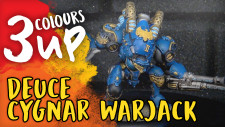
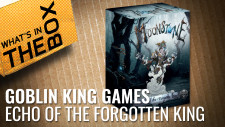
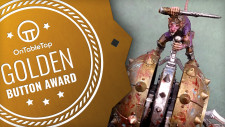


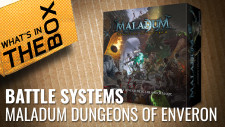





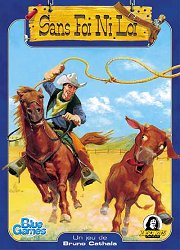

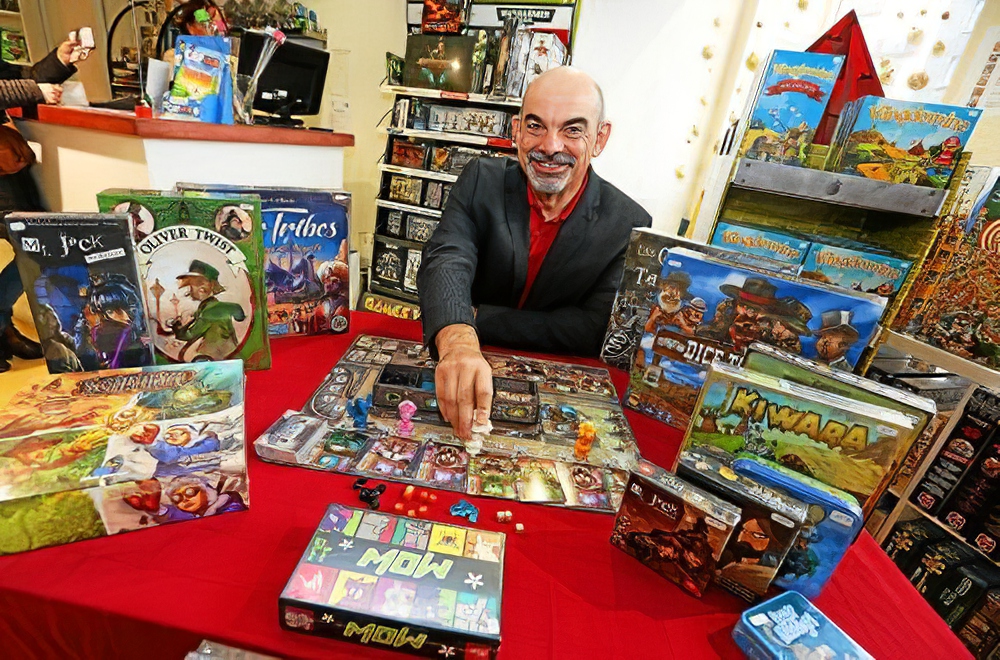


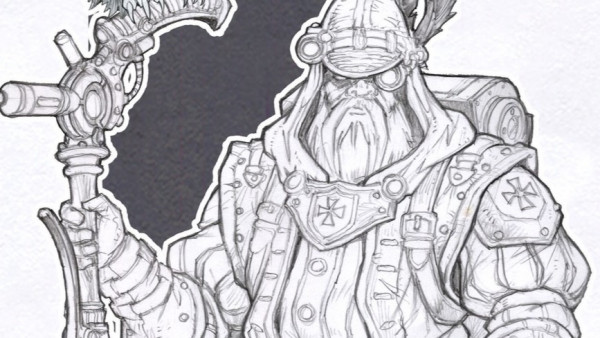
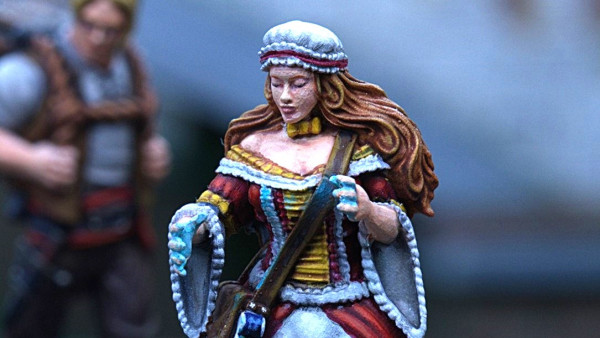

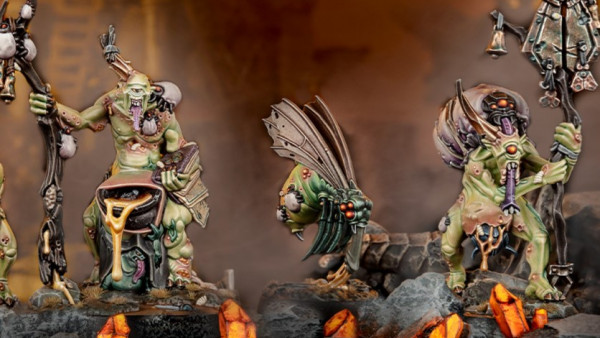
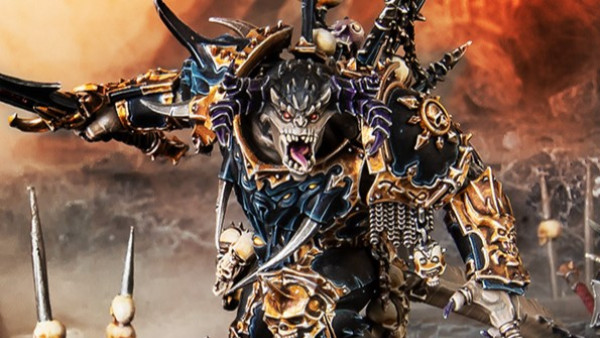
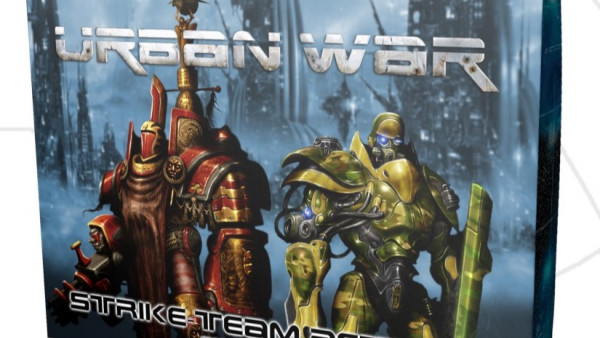
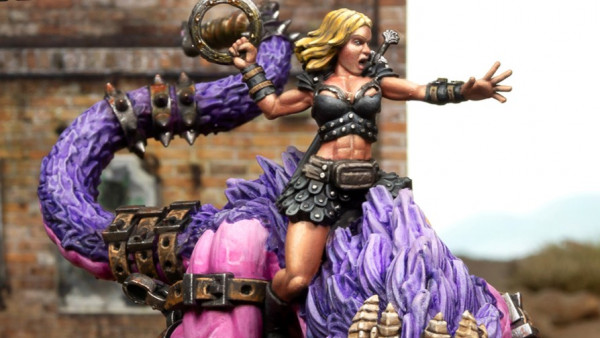
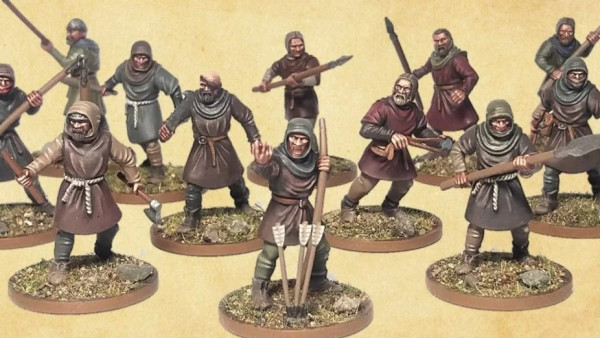
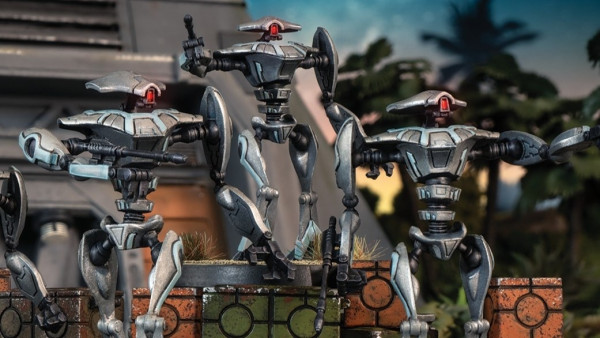
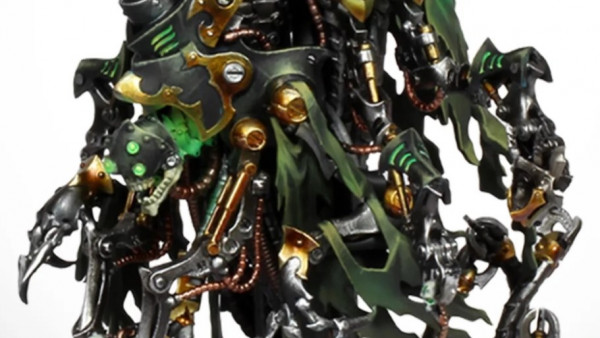
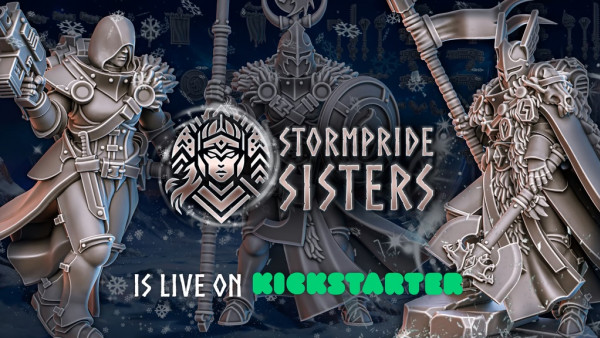

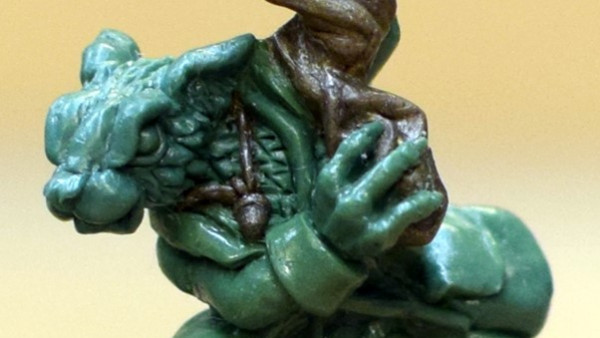
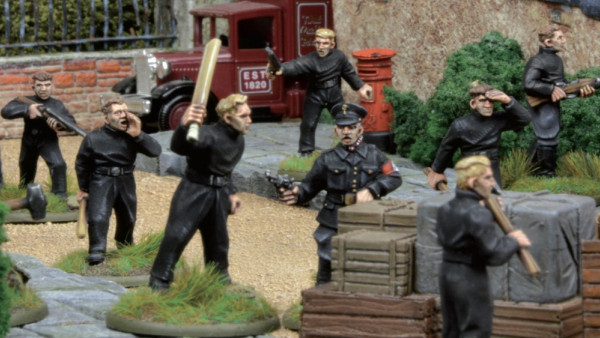
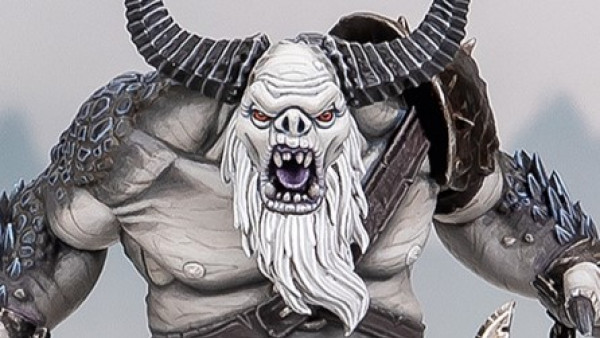
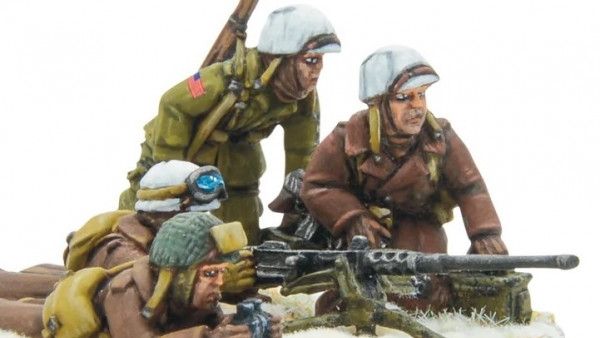
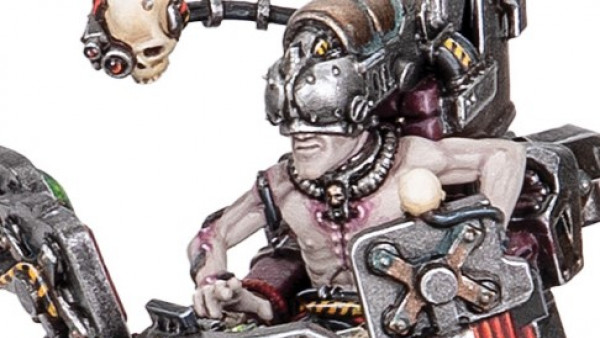
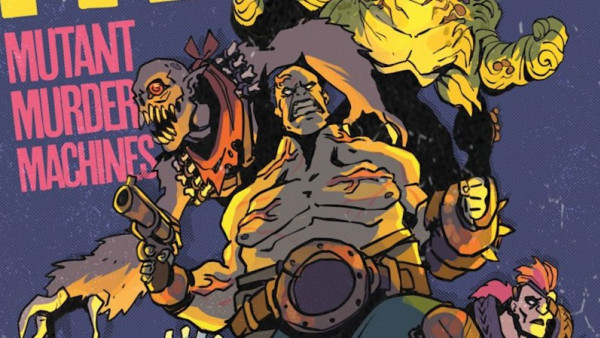
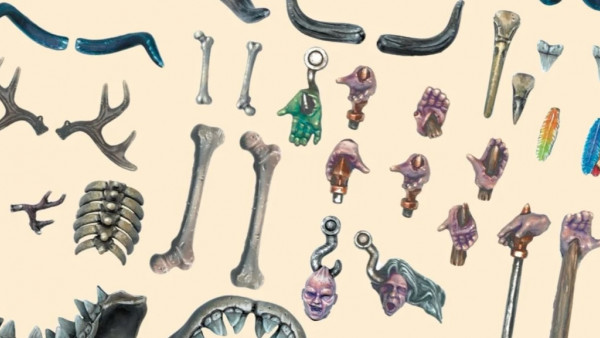
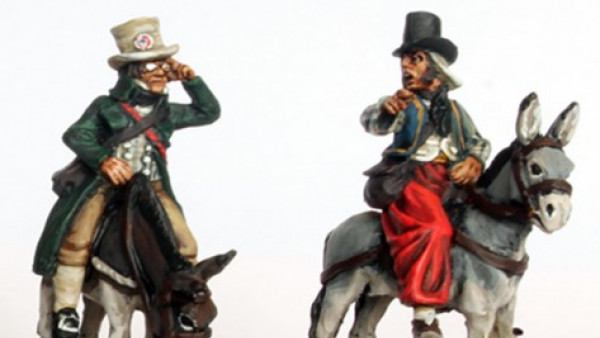
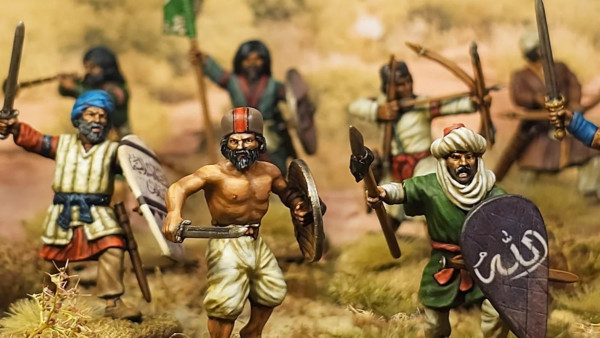
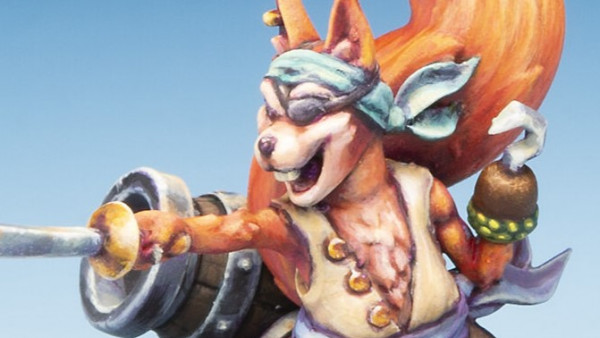

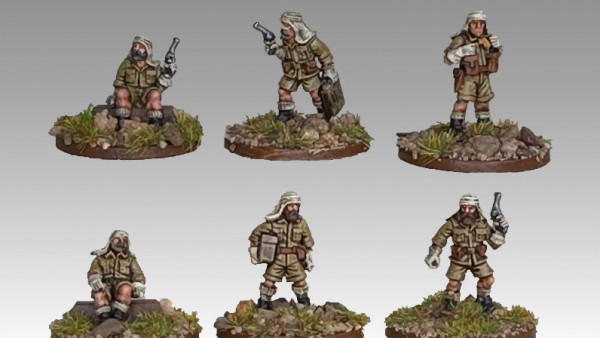
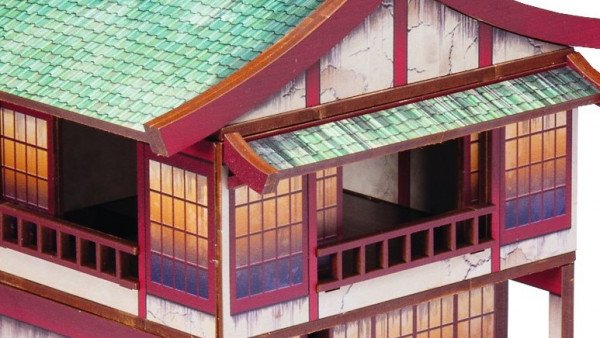
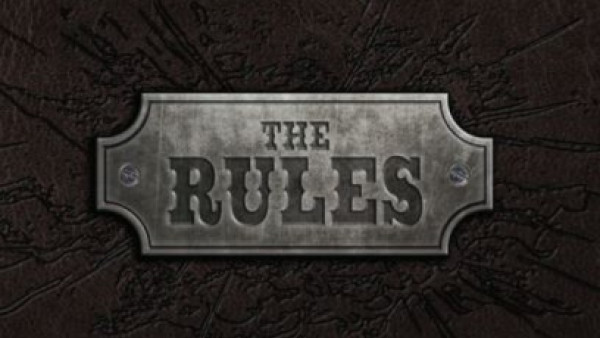
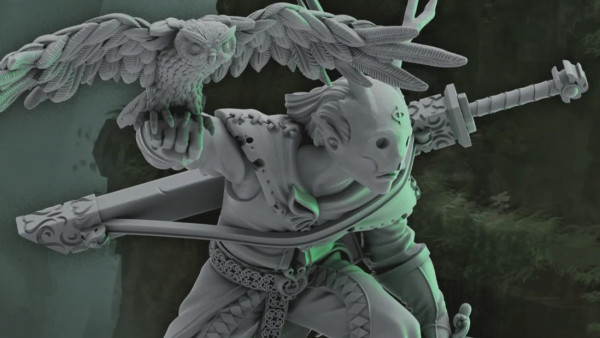
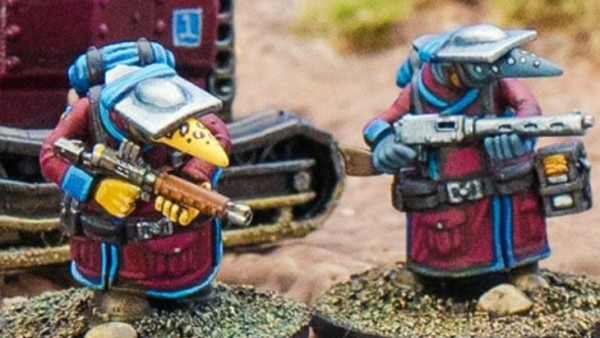
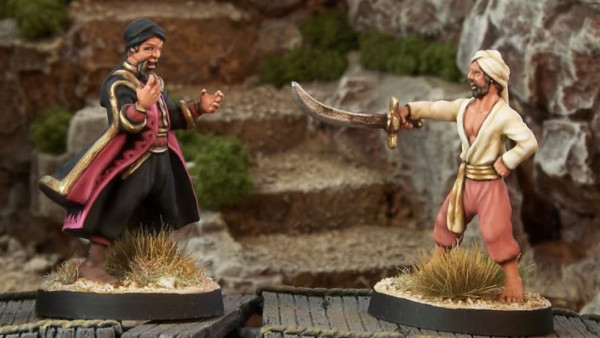
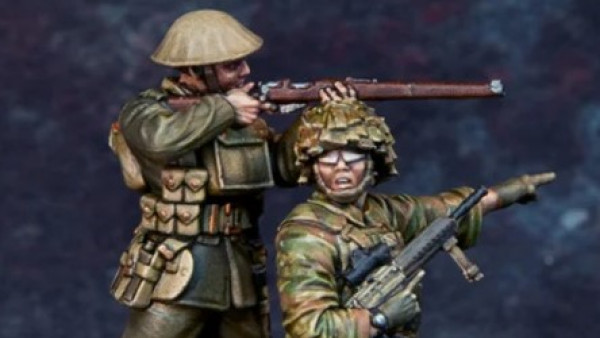


its always good to see from the developers side.
Big Bruno Cathala fan. I probably own a dozen or so of his games. Coincidentally, I finally played Five Tribes for the first time earlier this week and…very much didn’t like it lol. Still, he’s one of my faves!
I’m itching to play Kingdomino myself!
I liked it. If you’re looking for a Bruno Cathala recommendation, I’d suggest Haru Ichiban. One of my Top 3 games ever. It’s a 2P game, tho, if you’re into that. In fact, most of the games of his I like lean away from the pure Euro design (Raptor, Cyclades, Longhorn, Shadows Over Camelot, etc. Coincidentally, a lot he co-designed lol. Come to think, most of his games I’ve played were co-designed. Only a few were by him solo).